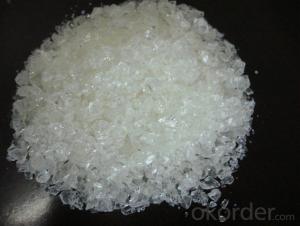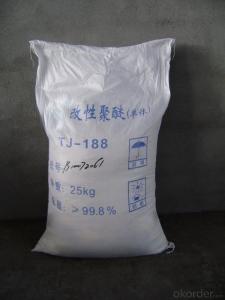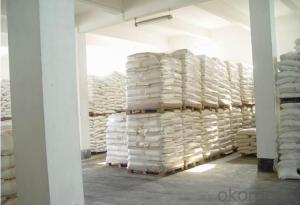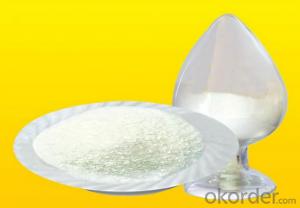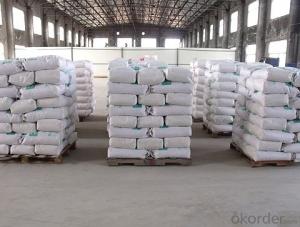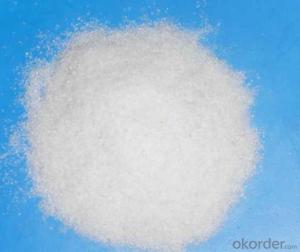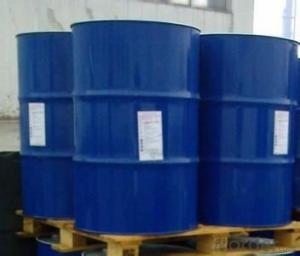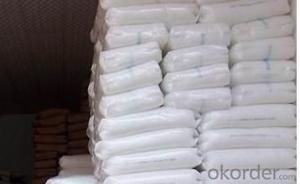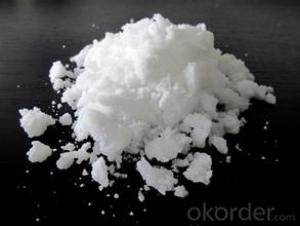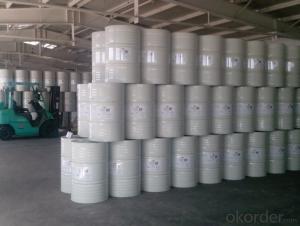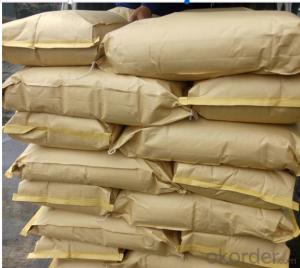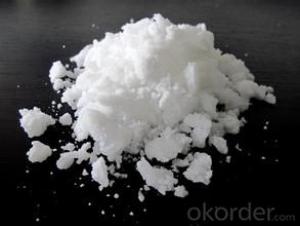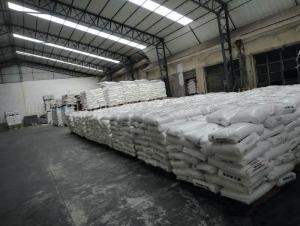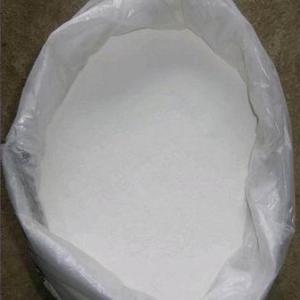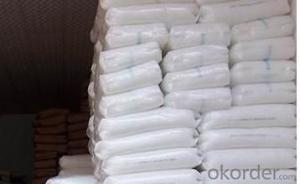All Categories
- - Steel Wire Rod
- - Steel Coils
- - Steel Profiles
- - Steel Pipes
- - Stainless Steel
- - Tinplate
- - Special Steel
- - Steel Sheets
- - Steel Rebars
- - Steel Strips
- - Hot Rolled Steel
- - Cold Rolled Steel
- - Pre-painted Steel
- - Seamless Steel Pipe
- - Welded Steel Pipe
- - Hollow Steel Tubes
- - Galvanized Pipe
- - Stainless Steel Coil
- - Stainless Steel Sheet
- - Stainless Steel Plate
- - Stainless Steel Strips
- - Electrolytic Tinplate Coil
- - Electrolytic Tinplate Sheet
- - Stainless Steel Rebars
- - Solar Panels
- - Solar Water Heater
- - Solar Related Products
- - Solar Inverter
- - Solar Cells
- - Solar Light
- - Solar Energy Systems
- - Solar Controllers
- - Solar Mounting System
- - Solar Pump
- - Solar Chargers
- - Fiberglass Chopped Strand
- - Fiberglass Mesh Cloth
- - Composite Pipes
- - FRP Pultrusion Profiles
- - Fiberglass Mat Tissue
- - Fiberglass Fabrics
- - Fiberglass Mesh
- - Composite Tank
- - Fiberglass Mesh tape
- - Polymer
- - FRP Roofing Panel
- - Fiberglass Roving
- - Monolithic Refractories
- - Ceramic Fiber Products
- - Refractory Bricks
- - Raw Materials For Refractory
- - Suspended Platform
- - Cranes
- - Concrete Machinery
- - Earthmoving Machinery
- - Building Hoist
- - Road Building Machinery
- - Plastic Pipe Fittings
- - Plastic Tubes
- - Plastic Sheets
- - Agricultural Plastic Products
- - Plastic Nets
 All Categories
All Categories
Q & A
What is the role of polymers in the automotive industry?
Polymers play a crucial role in the automotive industry as they are extensively used in various applications such as manufacturing lightweight components, improving fuel efficiency, enhancing safety features, and providing durability. They are used in vehicle interiors for making comfortable and aesthetically appealing seats, dashboards, and door panels. Additionally, polymers are utilized in the production of exterior parts, like bumpers and body panels, due to their impact resistance and ability to withstand harsh weather conditions. Overall, polymers contribute significantly to enhancing the performance, efficiency, and overall design of vehicles in the automotive industry.
How are polymers used in the production of adhesives?
Polymers are used in the production of adhesives because they possess excellent adhesive properties. By combining different types of polymers with various additives and solvents, manufacturers can create adhesives with specific characteristics such as strength, flexibility, and resistance to heat or chemicals. These polymers form a bond between two surfaces by creating intermolecular forces, allowing the adhesive to stick and hold objects together. Additionally, polymers in adhesives can provide durability, long-lasting adhesion, and the ability to withstand different environmental conditions, making them suitable for a wide range of applications in industries such as construction, automotive, and electronics.
What are the advantages of using polymers in biocompatible materials?
The advantages of using polymers in biocompatible materials are numerous. Firstly, polymers offer a wide range of mechanical properties, allowing for the customization of materials to meet specific needs. They can be engineered to have high strength, flexibility, and durability, making them suitable for various applications in the medical field.
Additionally, polymers are lightweight, which is especially advantageous for implantable devices, as it minimizes the burden on the body. Their ability to be molded into complex shapes also allows for the creation of intricate designs, ensuring a better fit and functionality.
Furthermore, polymers can be biodegradable, meaning they can be broken down by the body over time, eliminating the need for surgical removal. This is particularly beneficial for temporary implants or drug delivery systems, as it reduces the risk of complications and the need for additional procedures.
Another advantage is their biocompatibility, meaning they are well-tolerated by the body without causing adverse reactions. Polymers can be modified to have a low immunogenicity, reducing the chances of rejection by the immune system. They can also be designed to have specific surface properties, such as anti-fouling or anti-bacterial properties, reducing the risk of infections.
In summary, the advantages of using polymers in biocompatible materials include their customizable mechanical properties, lightweight nature, ability to be molded into complex shapes, biodegradability, and biocompatibility. These properties make them highly suitable for a wide range of applications in the medical field.
Wholesale Polymer from supplier in Eritrea
We are a Polymer supplier serving the Eritrea, mainly engaged in the sale, quotation, and technical support services of various Polymer products in the Eritrea region. We are a subsidiary platform of the Fortune Global 500 company CNBM, able to provide you with one-stop Polymer procurement services in the Eritrea. Not only do we have a wide range of Polymer products, but after years of market development in the Eritrea, we can also provide valuable experience for your projects.
